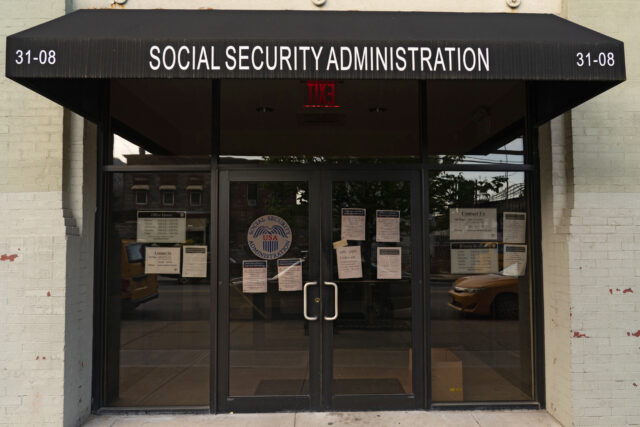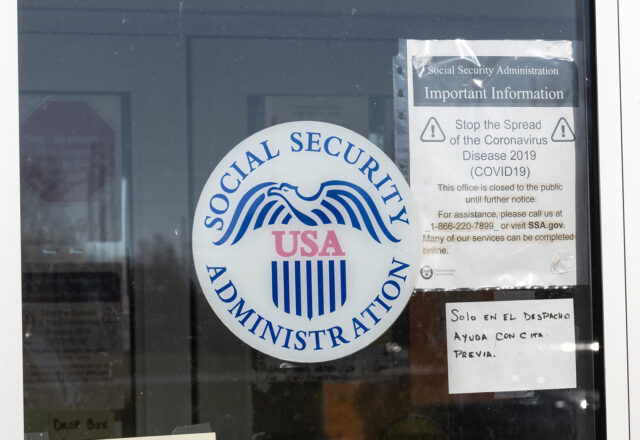
Coronavirus Aid, Relief, and Economic Security Act
$2.0 trillion
(enacted March 27, 2020)
Summary Prepared by the Center for Retirement Research at Boston College
Defined Contribution Plans
Early Distributions
Prior law: Individuals who receive early distributions from a retirement savings plan before age 59½ generally pay a 10-percent penalty, in addition to income taxes. 20 percent of the distribution is withheld for tax purposes, and the distribution is fully taxed within the year. The withdrawn amounts cannot be re-contributed.
CARES Act: Individuals can receive a coronavirus-related distribution without penalty of up to $100,000 for purposes related to the coronavirus until December 30, 2020.1Purposes related to the virus include being diagnosed with COVID-19 by a CDC-approved test, having a spouse or dependent
diagnosed with COVID-19, or experiencing “adverse financial consequences” as a result of COVID-19. In addition, the 20-percent income tax withholding provision does not apply, and the tax payments on these distributions can be spread over three years. Finally, individuals are allowed to recontribute the amount of the distribution to their retirement plan within three years.
Loans
Prior law: Individuals can borrow 50 percent of their account balance up to $50,000.
CARES Act: Individuals who would otherwise be eligible to make a coronavirus-related distribution can
borrow 100 percent of their account balance up to $100,000 (within 180 days of the enactment of the Act). In addition, these individuals are generally allowed to delay repayment of outstanding plan loans by one year.
Required Minimum Distributions (RMDs)
Prior law: When individuals reach age 72 (formerly 70½), they must take RMDs from their tax-deferred
defined contribution plans or IRAs. Failure to take an RMD triggers a 50-percent penalty.
CARES Act: The RMD requirement is suspended for 2020. Further, to the extent any distribution has been
taken in 2020, that distribution is eligible for rollover.
Employee Retention Tax Credit
This new, fully refundable, tax credit is intended to help private sector employers experiencing economic
hardship keep employees on their payroll. The credit can be used to cover the costs – up to certain limits – of employee wages and benefits, which include the 401(k) match.
Defined Benefit Plans
Prior law: Private sector companies that sponsor single-employer defined benefit pension plans are required to make specified funding contributions on a regular basis.
CARES Act: Companies are permitted to delay any contributions, including quarterly contributions, ordinarily due in 2020 until January 1, 2021.
Endnotes
- 1Purposes related to the virus include being diagnosed with COVID-19 by a CDC-approved test, having a spouse or dependent
diagnosed with COVID-19, or experiencing “adverse financial consequences” as a result of COVID-19.






